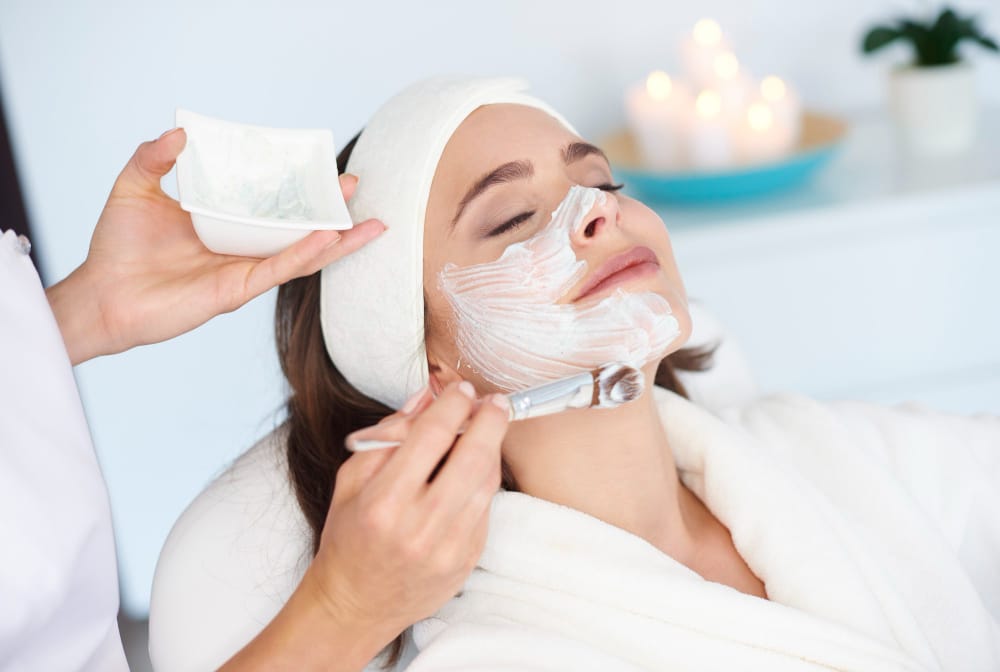Skin Apeel
-
21301 Powerline Road,
Suite 215 Boca Raton, FL 33433 - Phone: (561) 852-8081
- Email: [email protected]

We all know how it feels to be stressed. Your heart races, your muscles tense up, and you can’t seem to focus on anything else. It’s uncomfortable, to say the least. We all know how stress can affect us both physically and mentally. It can impact our relationships, work performance, and overall well-being. In this blog will show you a self-care practices that can help reduce overall stress
So it’s no surprise that self-care is essential to reducing stress levels. But what exactly is self-care? And how can we incorporate it into our lives? Self-care is any activity we do deliberately to take care of our physical, mental, or emotional health.
It’s important to note that self-care is not a one-time event but rather a continuous practice that we should integrate into our daily lives. One of the best ways to reduce stress is to develop a self-care plan.
This plan should be tailored specifically to your needs and include activities that you enjoy and make you feel good. Here are five self-care practices that can help reduce overall stress:

Physical activity is one of the most effective ways to reduce stress. It releases endorphins, which have mood-boosting effects. Exercise also helps to improve sleep quality, which is often impacted by stress. When your body is healthy and functioning properly, it’s much easier to deal with stressful situations.
That’s why it’s important to ensure you’re getting enough exercise, eating a balanced diet, and getting enough sleep. Taking care of your physical health should be a top priority when it comes to reducing stress.

In addition to physical self-care, it’s also important to take care of your mental health. This can be done in a number of ways, such as:
– Practicing meditation or mindfulness
– Connecting with friends and family
– Doing things you enjoy
– Setting aside time for yourself
– Putting your phone down and disconnecting from social media
Challenging negative thoughts and reframing them in a more positive light is an effective way to reduce stress. Taking some time each day for mindfulness activities such as meditation or journaling and the activities we have mentioned above can also help calm the mind and reduce stress levels.

As part of self-care practices to reduce your overall stress, you should also take care of your skin. When we’re stressed, our skin can often reflect that. From breakouts to dryness, stress can wreak havoc on our complexion.
That’s why it’s so important to make time for a skincare routine that works for you. This could involve anything from using a face mask to investing in a quality skincare product. Taking care of your skin can help you feel physically and mentally better.
Most importantly, before you do any skincare, it’s best to consult a licensed aesthetician for the best self-care practices for your skin type to avoid any potential irritation.
Massages are one of the most popular self-care practices for good reason. They help relax the mind and body, improve circulation, and reduce stress. If you’re looking for an effective way to reduce stress, consider getting a massage.
There are many different types of massages to choose from, so you can find one that fits your needs and preferences, some of the options you can choose from are as follows:
Spiritual self-care is about connecting with something larger than yourself. This could mean spending time in nature or simply reflecting on your life and what’s important to you. Connecting with something larger than yourself can help reduce stress and promote peace of mind.
Some people find that praying or attending religious services helps them feel more connected to a higher power. Others find solace in nature, spending time in the wilderness or simply admiring the beauty of the world around them.
Whatever form it takes, spiritual self-care can be important in reducing stress and promoting inner peace.
Recognizing and expressing our emotions in healthy ways is an important part of self-care. This could involve talking to a therapist or counselor, journaling, or participating in expressive arts such as painting or dance.
It’s okay to feel sad, scared, or angry sometimes. Give yourself permission to feel all of your emotions, without judgment or criticism. Simply allowing yourself to feel your emotions can help reduce stress and promote emotional well-being.
Self-care is an important part of managing stress levels. By taking care of your physical, social, mental, spiritual, and emotional health, you’ll be better equipped to deal with stressful situations when they arise.
Make sure you’re taking the time to nurture all aspects of your health! And remember, self-care isn’t a one-time thing–it’s something you should be doing on a regular basis!
Do you have any favorite self-care practices? Share them with us in the comments below!